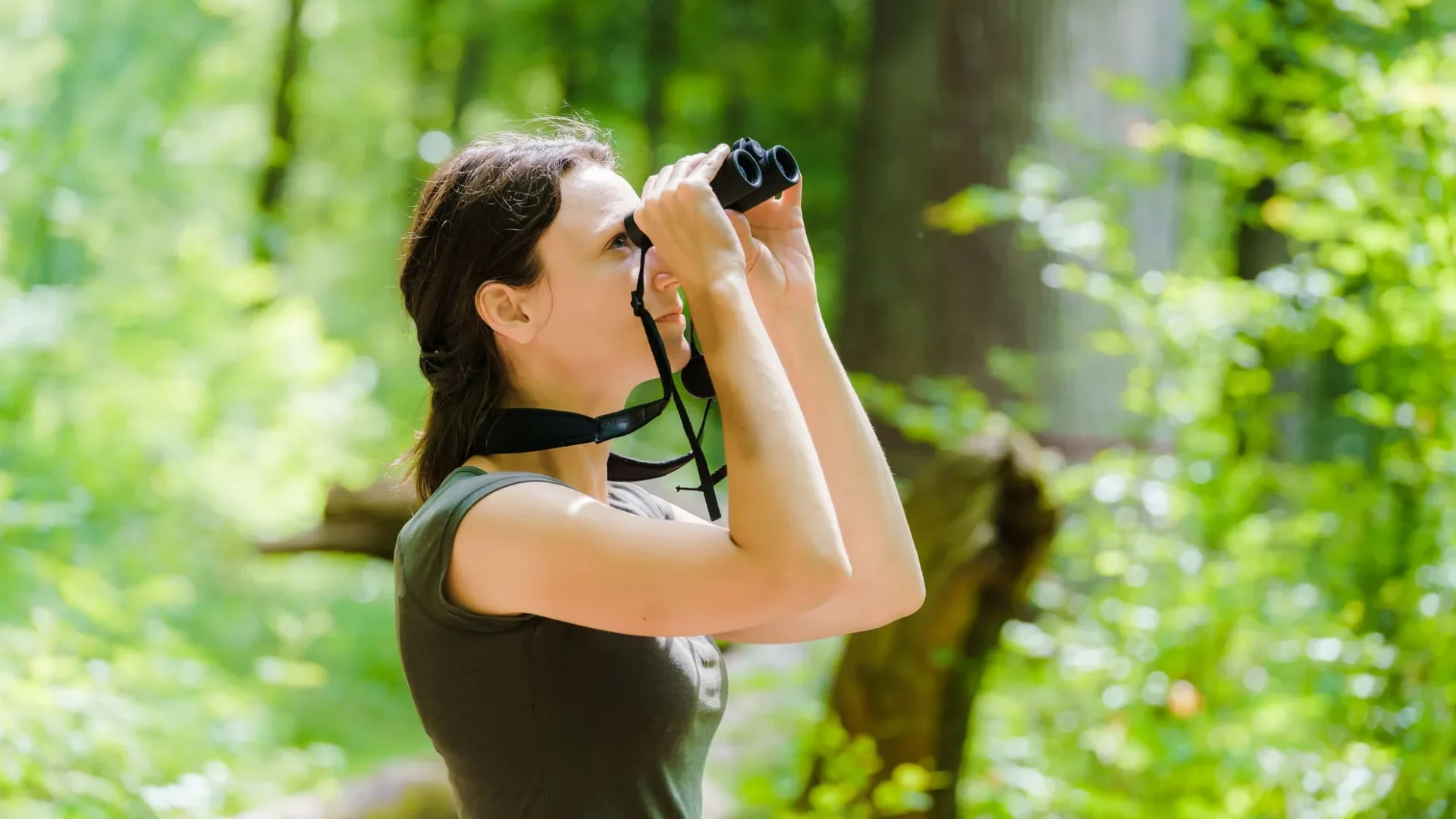A responsible sporting practice or outdoor activity is a practice that respects environments and species, and leaves no trace of its passage. It's possible by applying the 7 simple principles presented below!
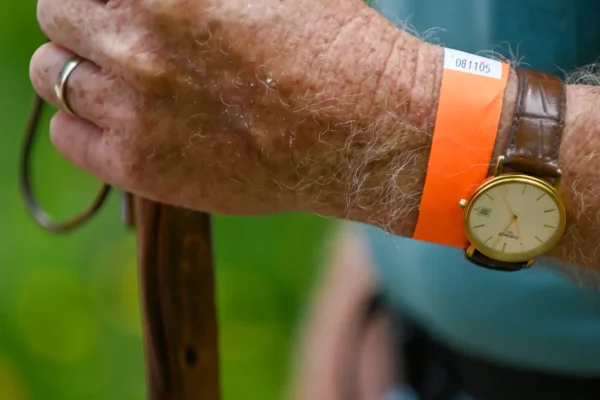
01
Prepare
• Learn about authorized areas and marked trails
• Respect private property, do not enter a plot if there is
ban is indicated
• Limit the impact of your travel: favor alternatives to
private car if possible (train, bicycle, carpooling, etc.)
Before an outing, find out about hunting periods in
beaten. From October to February, consult our site dedicated !
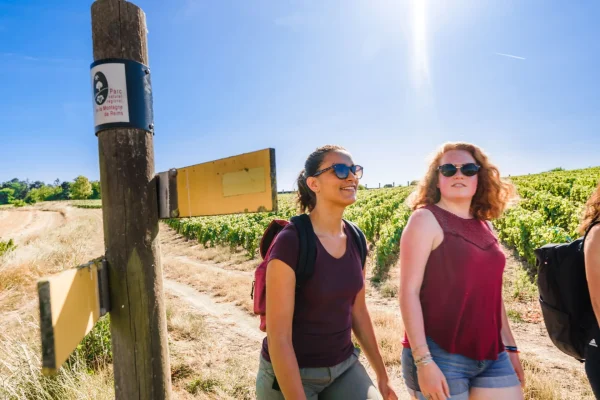
02
Use designated and adapted spaces
• Take existing marked routes and trails. Off-piste and
shortcuts result in trampling of vegetation
• Respect the fragile nature of the soil, particularly clayey and slippery on the Montagne de Reims (particularly during periods of thaw or after a
heavy rain)
• Picnic on the places provided for this purpose
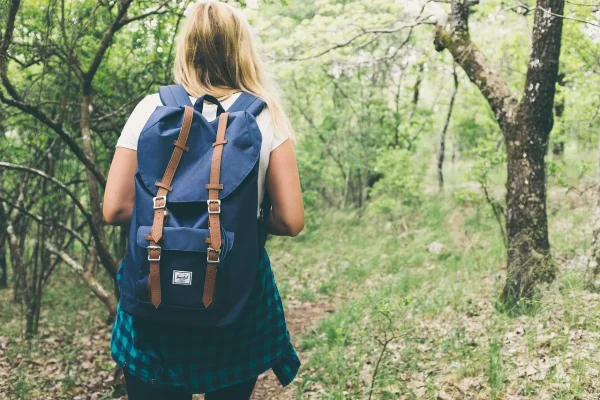
03
Zero waste on site
• Carry a water bottle or hydration backpack with you to avoid
plastic containers
• Bring your waste home to sort and recycle
• Do not throw away your waste. Any micro waste left on site, including food scraps, can disrupt the health of flora and fauna.
wild

04
Prohibited lights
• All fires are strictly prohibited in the forest and within 300 m of it
• Cigarette: in addition to being an olfactory nuisance for other users who come to enjoy nature, a simple butt represents a significant
source of pollution and can cause fire
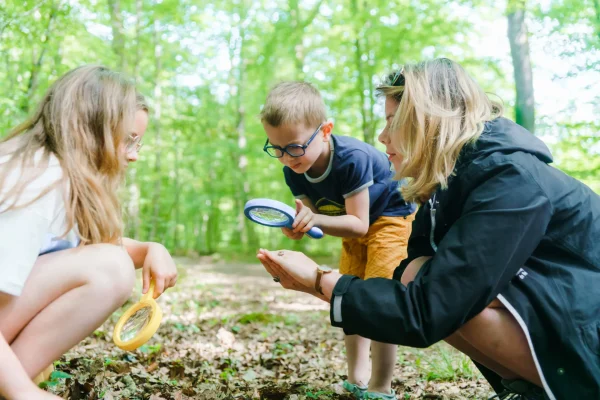
05
Leave the environment intact
• Leave natural elements found on the paths in their place. Rocks, dead wood, etc. represent a valuable habitat for certain species
• Do you come across a pretty flower? Rather than picking it, draw it or take a photo of it!
• As part of an outing with the aim of picking, read the regulations and safety instructions on this subject
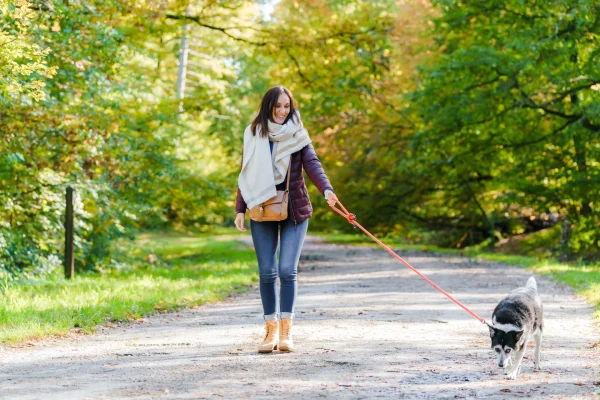
06
Respect wildlife
• Respect the silence of nature
• Favor activities during the day: the night represents a refuge for wildlife, accustomed to calm and the absence of human activity
• Keep your dog on a leash so as not to disturb wildlife
• Do not feed animals to avoid harming their health
• Avoid ruts: they constitute a privileged habitat for certain protected species
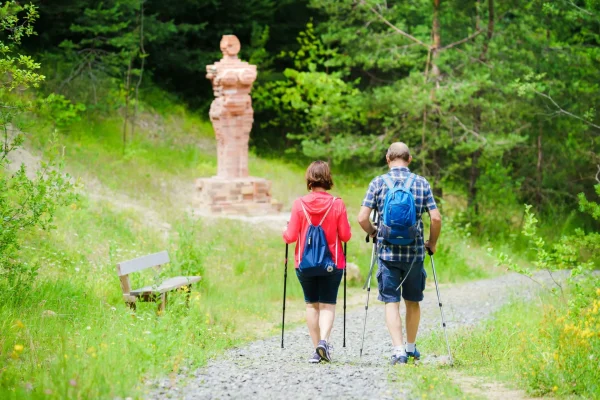
07
Respect other users
• Act with courtesy and respect. Share space with others
nature users
• Respect the signage present within natural areas. Avoid an area if information or prohibition signs limit access (e.g. hunting, logging site)
• Consult hunting dates (from October to February)
To increase the impact of these good practices before, during and after your outings in nature, make the people who accompany you aware of these good reflexes!

